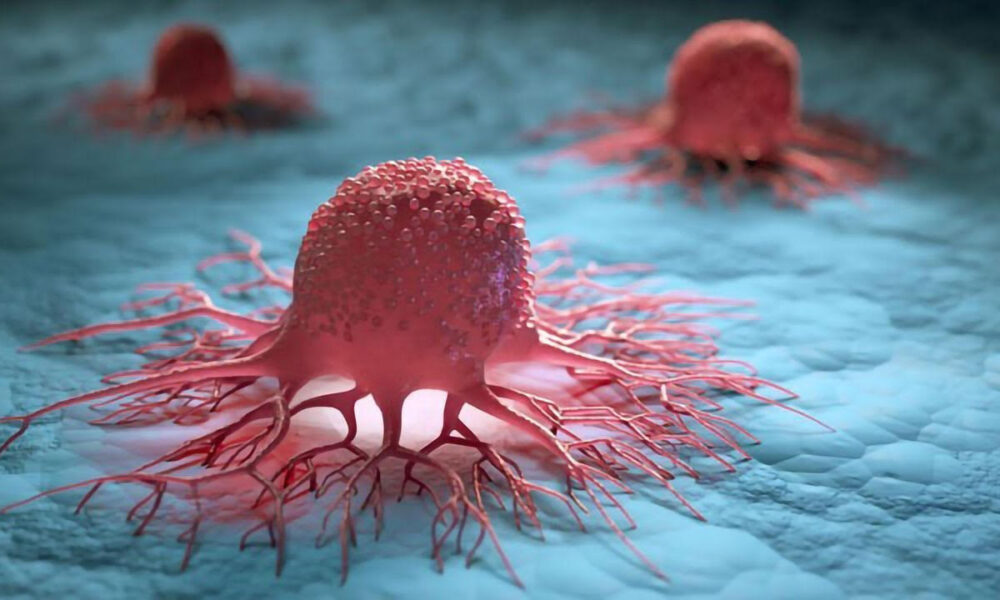According to the Canadian Cancer Society, nearly 7,000 Canadians will be diagnosed with leukemia this year with a mortality rate of nearly 50 per cent. Similarly, over 10,000 will be diagnosed with non-Hodgkin’s lymphoma—a specific type of cancer that causes lymphocyte cells to develop abnormally. Many research institutions across the globe have undertaken the challenge of developing a treatment for these cancers, and some have succeeded in creating a quality care program for patients.
This past July, the McGill University Health Centre (MUHC) was named one of the leading providers of immune effector cell (IEC) therapy, a revolutionary new treatment for more advanced cases of leukemia and lymphoma. Specifically, the MUHC now offers a new immunocellular therapy for adult patients diagnosed with a form of blood cancer resistant to standard treatments. Referred to as CAR-T therapy, it has been proven to prevent relapses for 60 per cent of patients in studies conducted on children over a five-year period.
Other forms of cancer treatment, such as surgery, radiation therapy, and chemotherapy, have been standard approaches to care for years, yet are not always successful with various or new forms of aggressive cancers.
CAR-T therapy is a form of immunocellular therapy that involves extracting T cells, a type of white blood cell, from the patient’s blood. Following this, the T cells are taken to a lab to be reprogrammed to attack cancer cells by introducing the T cells to a gene that codes for the chimeric antigen receptor, which binds to the surface of a target cancer cell and destroys it. From there, the CAR-T cells can be given to the patient via infusion.
Due to its ability to target cancer cells directly, CAR-T therapy is considered a promising treatment for leukemias and lymphomas that were previously thought to be incurable. The opening of the MUHC CAR-T program to the general public, and its designation as one of the centres in Quebec that provides this cutting-edge therapy, extends the frontiers of cancer research and therapy accessibility in Canada.
“CAR-T treatments are leading-edge therapies that offer a chance of cure for certain patients with lymphoma who have failed conventional therapies, often including high doses of chemotherapy followed by autologous stem cell transplants,” said Dr. Michael Sebag, director of the IEC Therapy Program of the MUHC, in an email to The McGill Tribune.
Similar to all forms of cancer treatment, CAR-T immunotherapy has several serious side effects. As an intense form of immunotherapy in which the T cells become biochemically altered, the introduction of the gene to the T cells can result in a mass eradication of B cells which produce the antibodies needed to fight off viruses.
Therefore, patients on CAR-T can become susceptible to other infections. Some reactions to CAR-T therapy may be more severe than others, the worst and most frequent being cytokine release syndrome. This is caused by the fast release of cytokines, small proteins that regulate the immune system, into the blood from the tampered T cells. This causes respiratory problems, nausea, and fever, among other symptoms.
Despite its high success rate, CAR-T cell therapy can be hard to access. The treatment process is expensive and in Canada, it is only offered to those who meet strict needs-based criteria. In Quebec, the government has dedicated $35 million a year to fund this form of therapy, which is expected to help 60 adults and 10 children each year. In Canada, the total cost of CAR-T therapy nears half a million dollars per patient, rendering the therapy less accessible—a major point of criticism.
Despite its drawbacks, CAR-T cell therapy has been nothing short of revolutionary in the field of cancer research. It opens up a new chapter for the longed-for progression of cancer treatment and the advancement of the McGill Cancer Care mission, providing hope and inspiration for both medical professionals and patients around the world.
“The MUHC University Health Centre is committed to bringing cutting edge therapies [to] our cancer patients,” said Sebag. “We are thrilled to have assembled a talented and dedicated team to deliver these.”









